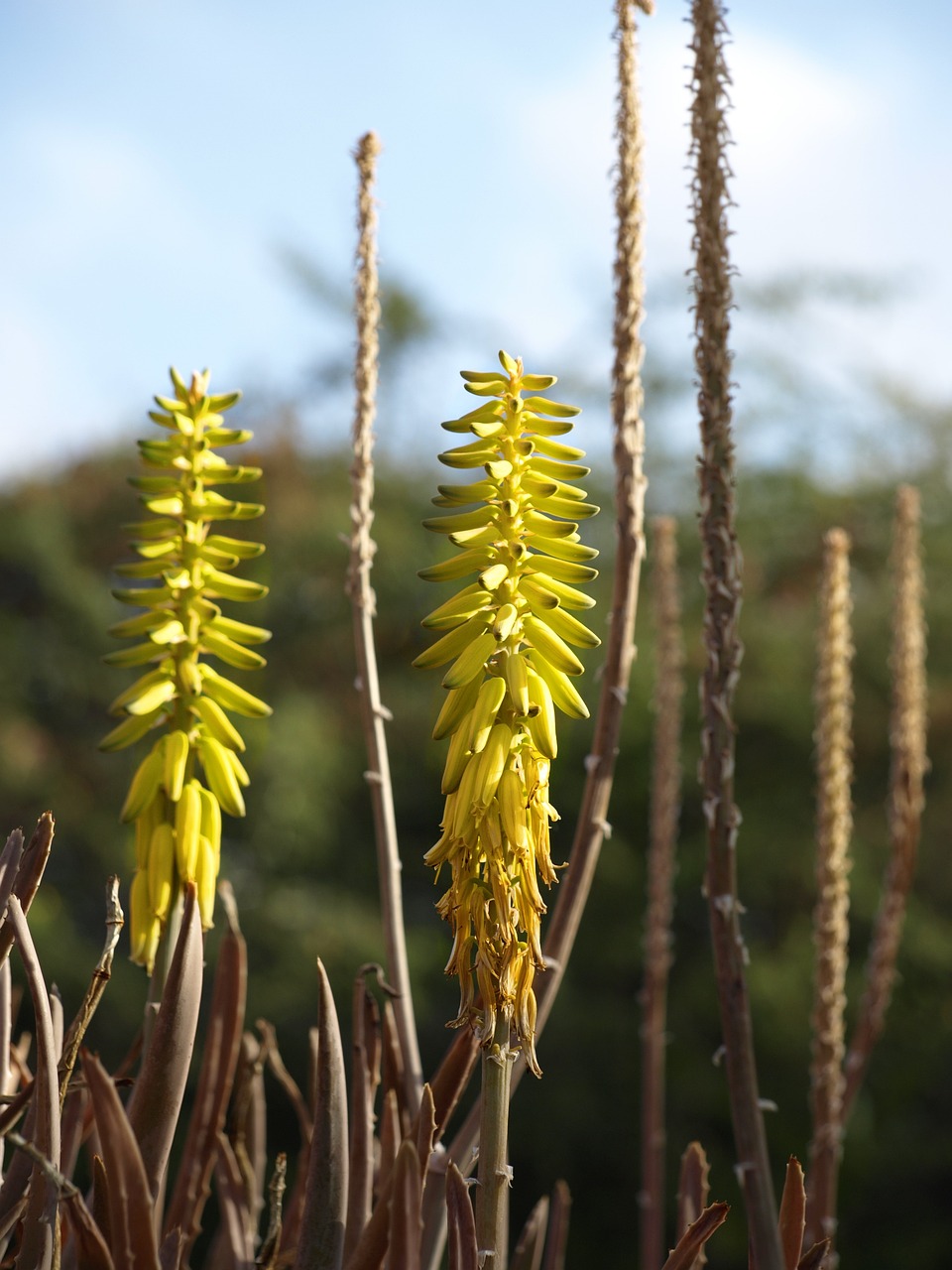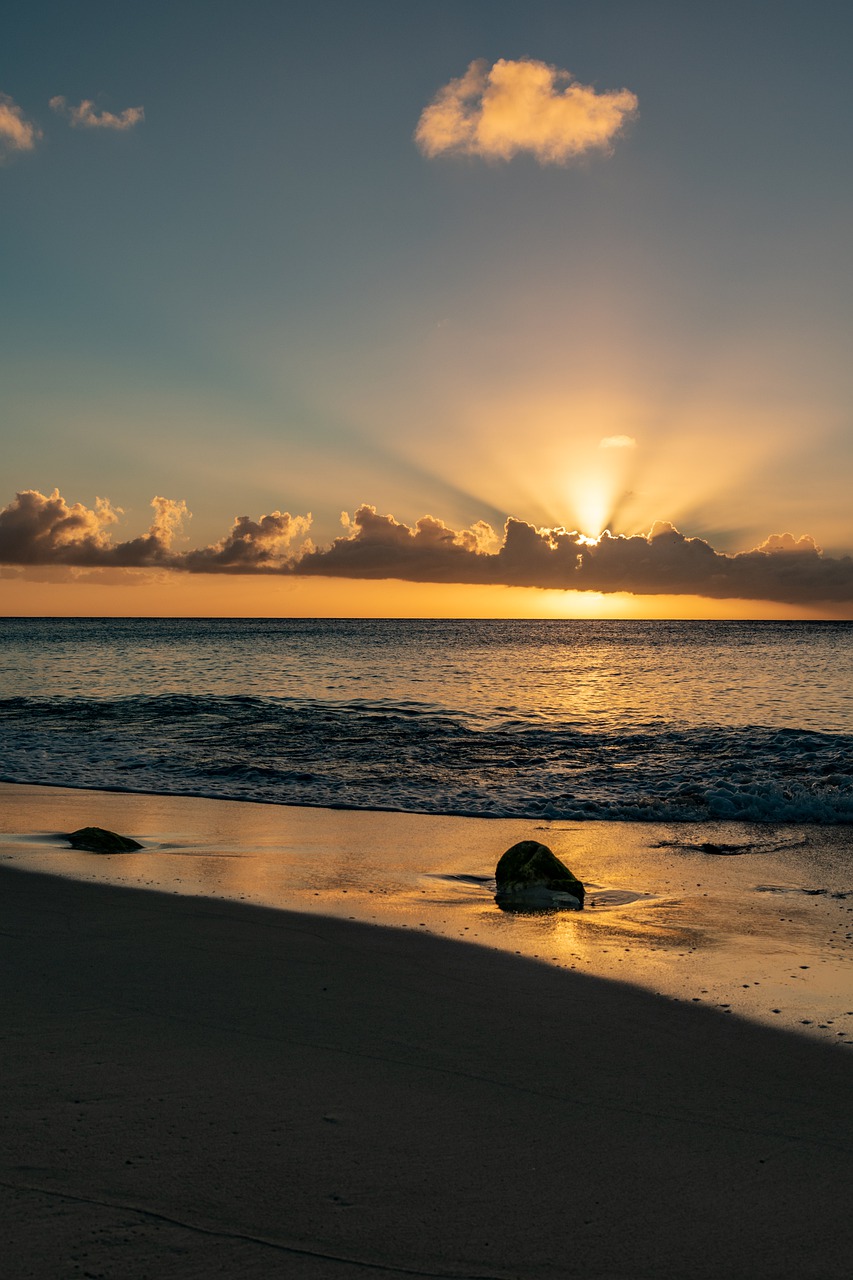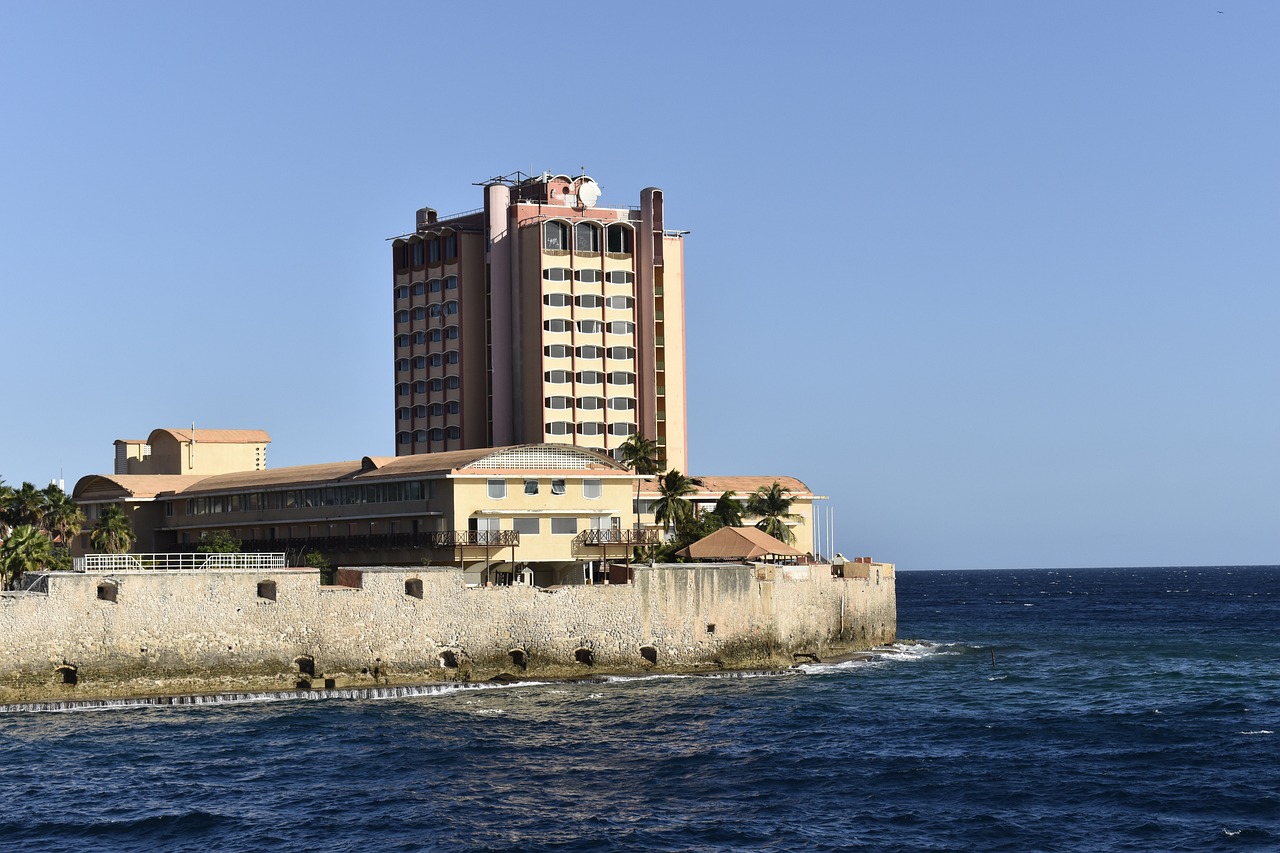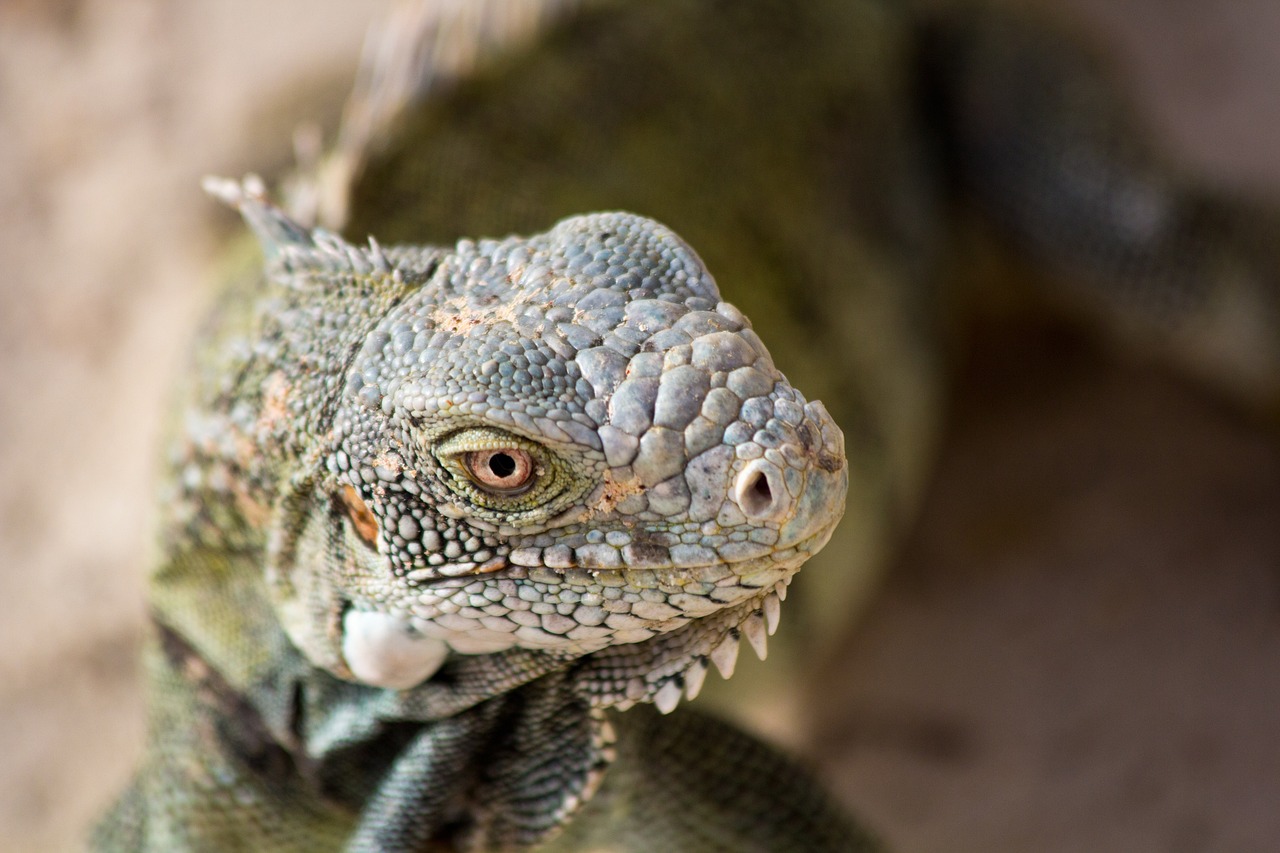Curacao Video
Safety Tips for Remote Workers in Curacao
Curacao is a beautiful island located in the southern Caribbean Sea, known for its stunning beaches, vibrant culture, and friendly locals. As more and more individuals opt for remote work opportunities, it’s essential to prioritize safety while enjoying the perks of working from this tropical paradise. Here are some valuable safety tips for remote workers in Curacao:
1. Secure Accommodation:
Finding secure accommodation is crucial for remote workers in Curacao. Look for reputable hotels or vacation rentals that prioritize safety measures. Ensure that the property has secure access points, well-lit common areas, and reliable security systems.
- Research: Before booking accommodation, research the property’s safety features and read reviews from previous guests to gauge their experiences.
- Lock Doors and Windows: Always lock your doors and windows, even when you are inside. Use additional security measures like door jammers or window locks for added peace of mind.
- Store Valuables Safely: Use the hotel safe or secure storage options provided to store your important documents, electronics, and valuables.
2. Stay Aware of your Surroundings:
While working remotely in Curacao, it’s essential to stay aware of your surroundings to minimize potential risks. Being alert and observant can help prevent incidents and ensure your safety.
- Know the Local Laws and Customs: Familiarize yourself with the local laws, customs, and cultural norms to avoid unintentional offenses or misunderstandings.
- Avoid Isolated Areas at Night: Stick to well-lit and populated areas when venturing out at night. Avoid isolated beaches or parks, especially when alone.
- Be Cautious with Strangers: Exercise caution when interacting with strangers. While Curacao is generally safe, it’s always wise to maintain a level of skepticism and not share personal information with unfamiliar individuals.
3. Use Reliable Transportation:
Transportation plays a crucial role in ensuring the safety of remote workers in Curacao. Opt for reliable and reputable taxi services or rideshare platforms to navigate the island.
- Choose Licensed Taxi Services: Use licensed taxi services that are regulated and have a reputation for safety. Avoid unmarked or unofficial taxis.
- Verify Ride Details: When using rideshare platforms, ensure that the driver’s details and vehicle match the information provided in the app. Avoid sharing personal information with the driver.
- Share Trip Details: Share your trip itinerary and details with a trusted friend or family member. Use a tracking app or share your location in real-time for added security.
Curacao Image 1:

4. Practice Cybersecurity:
Remote workers heavily rely on technology, making cybersecurity a top priority. Protect your sensitive information and digital assets while working remotely in Curacao.
- Use Secure Wi-Fi Networks: Avoid connecting to public Wi-Fi networks that are unsecured. Use a virtual private network (VPN) to encrypt your internet connection and ensure secure communication.
- Update Software and Antivirus: Keep your devices updated with the latest software patches and antivirus protection to prevent malware and cyber-attacks.
- Use Strong Passwords: Create strong and unique passwords for your accounts. Enable two-factor authentication whenever possible to add an extra layer of security.
5. Be Prepared for Emergencies:
While Curacao is generally safe, it’s essential to be prepared for any unforeseen emergencies that may arise during your stay.
- Know Emergency Numbers: Save the local emergency numbers, including police, ambulance, and fire services, in your phone contacts.
- Stay Informed: Stay updated with local news and weather alerts to be aware of any potential risks or emergencies.
- Carry Important Documents: Keep copies of your important documents, such as your passport and identification, in a secure location.
Curacao Image 2:

6. Respect the Environment:
Curacao is known for its pristine natural beauty, and it’s essential to respect and preserve the environment while working remotely on the island.
- Dispose of Waste Properly: Use designated waste bins and recycling facilities to dispose of your waste responsibly.
- Protect Marine Life: When visiting the beaches, refrain from touching or disturbing marine life, including corals and other fragile organisms.
- Follow Nature Reserve Guidelines: If you plan to explore nature reserves or national parks, adhere to the guidelines provided to protect the flora and fauna.
7. Stay Hydrated and Sun-Safe:
Curacao’s tropical climate means ample sunshine, so it’s crucial to stay hydrated and protect yourself from the sun’s harmful rays.
- Drink Sufficient Water: Stay hydrated by drinking plenty of water throughout the day, especially when spending time outdoors.
- Apply Sunscreen: Use sunscreen with a high SPF to protect your skin from the sun’s UV rays. Reapply regularly, especially if swimming or sweating.
- Seek Shade: Take breaks in shaded areas to prevent overheating and sunburn.
Curacao Image 3:

8. Maintain a Work-Life Balance:
Working remotely in a beautiful destination like Curacao can blur the lines between work and leisure. It’s essential to maintain a healthy work-life balance.
- Establish a Routine: Set clear boundaries between work hours and leisure time. Create a schedule that allows you to enjoy the island while fulfilling your work commitments.
- Take Breaks: Take regular breaks to relax and rejuvenate. Explore the island’s attractions during your downtime to make the most of your remote work experience.
- Disconnect when Needed: Disconnect from work and enjoy the island’s offerings without constantly checking emails or work-related notifications.
9. Respect Local Customs and Culture:
Curacao has a rich cultural heritage, and as a remote worker, it’s important to respect and appreciate the local customs and traditions.
- Dress Appropriately: Respect the local dress code, especially when visiting religious sites or participating in cultural events.
- Learn Basic Phrases: Familiarize yourself with some basic phrases in the local language, Papiamentu, such as greetings and polite expressions.
- Engage with the Community: Interact with the locals, learn about their culture, and participate in community activities to gain a deeper understanding of Curacao.
References:
– Curacao Tourism Board: www.curacao.com
– U.S. Department of State – Curacao Travel Advisory: travel.state.gov
– Lonely Planet – Curacao: www.lonelyplanet.com/curacao


